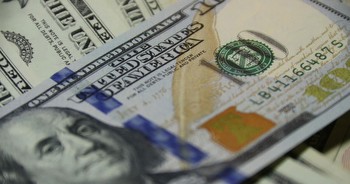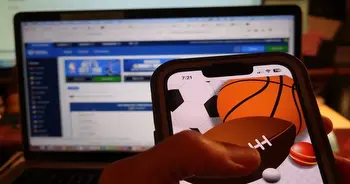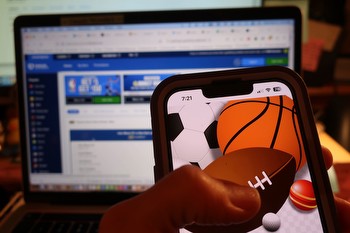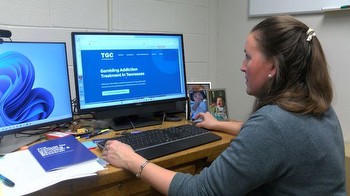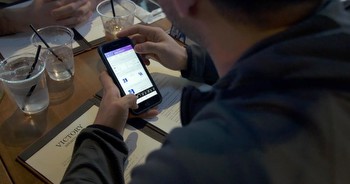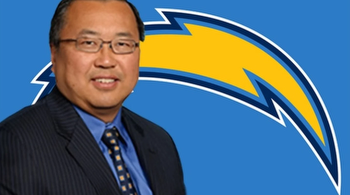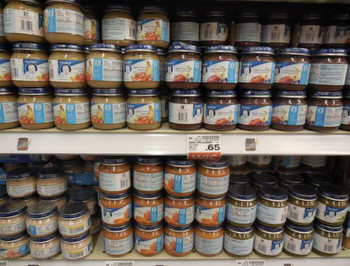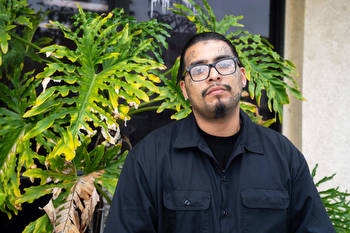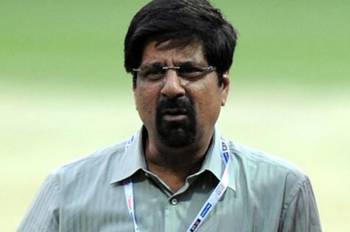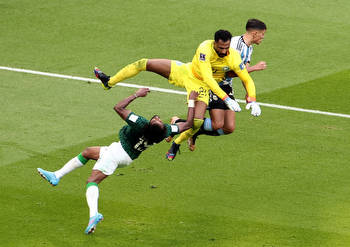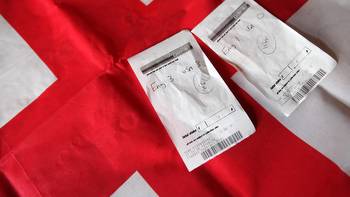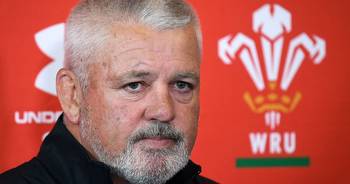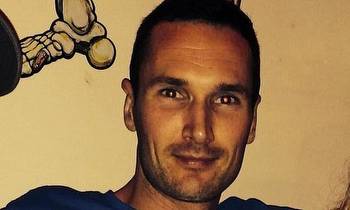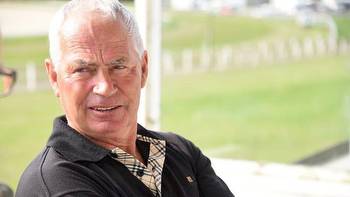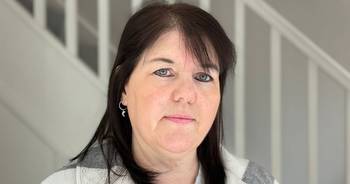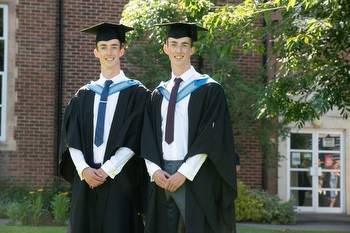Gambling addicted Welsh doctor who stole £67,000 from NHS gets medical licence back
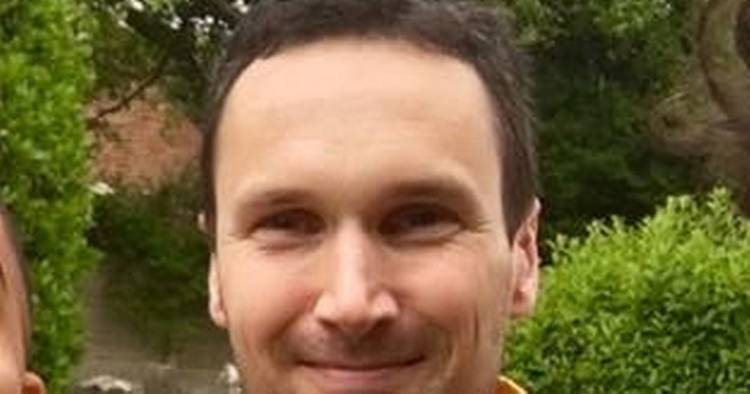
A doctor who stole thousands from the NHS has got his medical licence back. Dr Aled Jones, who worked at the University Hospital of Wales in Cardiff , admitted stealing £67,420 to fund his gambling addiction back in 2021.
Dr Jones, from South Glamorgan , was suspended from the medical register for 18 months but a medical tribunal panel has now revoked his suspension after deciding he has "sufficiently developed insight into his conviction". The tribunal heard the 41-year-old has received two job offers to practise medicine.
At the time of the fraud the Oxford University graduate worked as a registrar in University Hospital of Wales' transplant surgery department. Between 2016 and 2019 he forged hundreds of cheques and claimed for shifts he had not worked. He later had counselling to address his gambling addiction and repaid the money he had stolen.
Dr Jones volunteered to work on Covid wards during the pandemic and got a job as a vaccinator in Cardiff with his salary paid into a joint account with his father. He also did more than 600 hours of voluntary shifts for renal transplants. Following Russia's invasion of Ukraine he drove an ambulance across the Ukrainian border to deliver medical aid, reports WalesOnline.
In their report the tribunal panel said: "Dr Jones stated that he is appalled with his behaviour and deeply ashamed and is fully aware of how his conviction has impacted on the public and profession. He said that he hoped with his charitable work that he has paid his debt to society and profession... He told the tribunal that he would like to return to clinical practice but has not allowed himself to consider future work until the outcome of this hearing is known."
Dr Jones said he could not "imagine becoming the dishonest criminal" he once was. And he told the panel he is "as certain as he can be" that he will not bring the profession into disrepute again.
"I must accept that there will be colleagues of mine as well as those in the wider profession who would be extremely concerned at my suspension ending and the prospect of my return to practice," he said. "I wish to make it absolutely clear that although I feel it's important that I demonstrate my own development to the tribunal and to the public this in no way means that I do not comprehend the serious harm I have caused to the profession and the public's confidence in it. I know I will never be able to undo this, despite sincere efforts to atone and rehabilitate."
The panel noted that if Dr Jones accepted either of the two job offers he would be "returning at a level where he would be supervised". They concluded it is "unlikely that Dr Jones will repeat his conviction" given his "extensive remediation". The panel revoked his suspension with immediate effect.
When we approached Dr Jones he declined to comment on his employment plans. His former employer Cardiff and Vale University health board said it had not offered a job to Dr Jones. During the tribunal he had said he was considering a clinical attachment – a form of work experience – in emergency medicine at Merthyr Tydfil's Prince Charles Hospital. When we asked if the hospital had made a job offer its spokesperson said: "We do not comment on the employment status of any individual."
Dr Jones had an addiction that had previously seen him him lose £800,000 had developed. He made his first bet at university when he gambled on a World Cup accumulator. "I was going to medical school and learning about addiction and one of the key features is you get angry or stressed and feel ashamed of talking about it... I should have known the signs but it shows addiction can affect anyone."
Initially Dr Jones placed bets on sports he enjoyed watching but later found himself betting on others like volleyball. He would bet in play, which he described as a "real buzz". He recalled a particularly dark moment when he gambled £10,000 on the US Open tennis final between Roger Federer and Juan Martin del Potro.
"[Federer] was number one in the world so why not put it all on him and in an hour you have got 10% more than what you started with," he said. "I was watching it, it was 2am over here, and I watched this guy have an enormous turnaround and play the game of his life to beat Federer.
"The money was gone and there was a frustration that if I had been more careful or wiser I could make this work. I never walked away and even at that time I could afford to lose that money.
"I was borrowing an enormous amount of money. I remember relying on an overdraft and I missed a mortgage payment but I just thought I could pay it off next month and win the money by gambling. But then I couldn't pay it off the next month. That went by with three or four months without being able to pay the mortgage.
"My flat was repossessed and that should have been another turning point. My dad actually paid off the outstanding amount on the mortgage and I was going to pay him back. I thought I could turn it around and I borrowed money off friends.
"I would lie to them by giving them reasons such as a leaky roof. I feel incredibly ashamed of it and I'll never forgive myself. My friends have given me so many second chances so I am grateful for that."
Dr Jones turned his life around with support from the Living Room addiction charity in Cardiff. "It really helped me to be less hard on myself and to understand myself through problems other people had been having," he said. "That's the main thing I have learnt. You can be open with friends and family or professional counsellors but you're not going to achieve anything on your own.
"When you're an addict you imagine you're the only one but nothing can be further from the truth. No matter now catastrophic the mistakes you have made are you are not alone and there's a way out."
A Cardiff and Vale University health board spokeswoman said: "The health board can confirm that Dr Jones is not currently employed in a clinical role and an offer of such has not been made. Dr Jones is eligible to seek employment with the health board commensurate with his professional registration. Under the Rehabilitation of Offenders Act 1974 the health board takes the circumstances of each individual employment into consideration.
"We comply with the Rehabilitation of Offenders Act 1974 and the outcomes of independent profession tribunals which enables us to consider spent convictions where appropriate and dependent upon the role."

